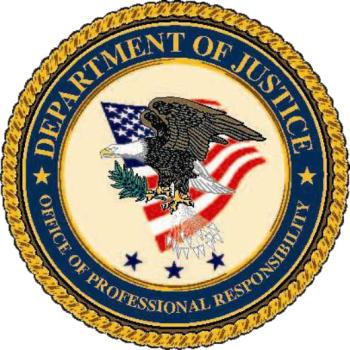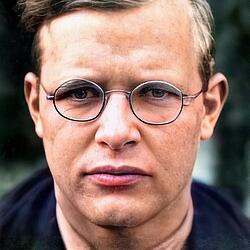Editors' Note: This article is part of the Patheos Public Square on the Future of Faith in America: Catholicism. Read other perspectives here.
Five years ago was a grim time for the Catholic Church in the United States. A decade of revelations about clerical sexual abuse had angered and demoralized the faithful and made the church the subject of coarse humor on late-night television. Catholic New York Times columnist Ross Douthat penned an article for the Atlantic Monthly entitled "The Catholic Church is finished," in which he suggested that "for millions in Europe and America, Catholicism is probably permanently associated with sexual scandal, rather than the gospel of Jesus Christ."
Most Catholics in 2010 probably could not imagine (certainly this author could not) the sea change in the fortunes of the church occasioned by the election of Pope Francis in 2013. The pope's personal humility, commitment to simplicity, and gift for powerful symbolic gestures quickly captured the imagination not only of Catholics but of millions of others around the world. The media frenzy over the release of the pope's recent encyclical on the environment, Laudato Si, is only the most recent example of how Francis is leveraging his global popularity to place issues on the international agenda.
As fond as I am of Pope Francis, I worry that we are in danger of conflating the popularity of the pope with the health of the church. Recent studies suggest a continued decline in both Catholic affiliation and religious practice in the United States. The problem is not unique to Catholicism, as it is affecting most other religious communities as well. The most dramatic religious trend is the rise of the so-called "nones," the 56 million Americans (larger than the size of the Catholic population) who report no religious affiliation at all. The "nones" make up a large percentage of the younger population, suggesting their numbers will grow over time.
Theories of the problem abound: "the Church is too conservative"; "the Church is too liberal"; "our liturgies are boring"; "our liturgies lack mystery and transcendence." The truth is, though, that almost every flavor of Christianity one could ask for is available somewhere on Sunday morning. Christians — Catholics included — increasingly sort themselves according to their theological and liturgical preferences. The overall size of the pie, however, continues to shrink.
No one person, not even one as obviously gifted as Pope Francis, can be expected to turn this situation around single-handedly. We might benefit, however, from some extended reflection on why so many find his witness so compelling. As meteoric as his rise to stardom has been, Pope Francis did not, as the saying goes, "come out of nowhere." He entered the Jesuit order in his early twenties, forsaking marriage, family, economic security, and personal freedom to follow Jesus Christ more deeply. Long before he was surrounded by cameras, he lived a life of humility and simplicity. He lived at a time and within a community that valued, honored, and encouraged that kind of radical commitment. Do we still?
Many Catholics admire Pope Francis. The question is whether we are willing to imitate him. Are we willing to live more simply, to wear the frayed sleeve, to drive the older car, to accept the smaller house, and to use the freedom this kind of detachment offers to give more deeply of our time, talent, and treasure? Are we willing to stand in solidarity with the poor and those at the margins of society, both with our personal charity and our advocacy for justice?
If we want God to matter in the lives of our children and grandchildren, he has to matter in our own lives and not only as a wellspring of comfort and strength when times are hard or as a source of "values" in a time of moral confusion. The spirit and teaching of Jesus Christ must permeate our lives and our choices so deeply that our witness is as compelling to our neighbors as the witness of Pope Francis seems to be to the world.
To use his own metaphor, the pope may have dragged the church into a "field hospital" and stopped the bleeding. But whether the patient returns to vigorous health has more to do with the patient than the doctor. Pope Francis has given the church an opportunity. The question is whether we will seize it.
7/15/2015 4:00:00 AM




